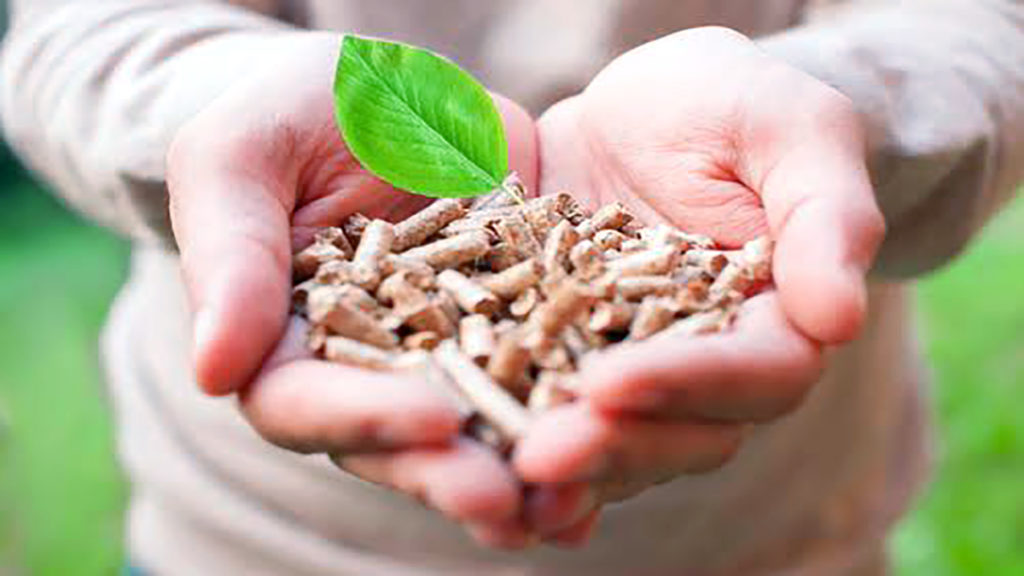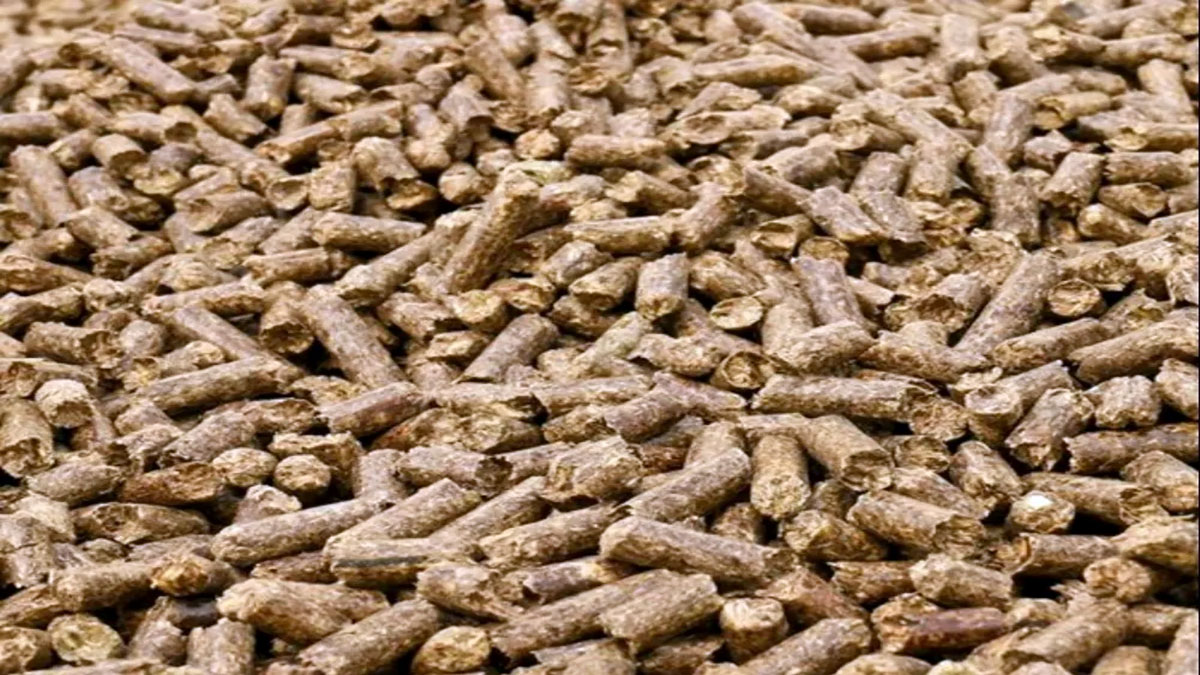
Kishan Karunakaran
In the global fight against climate change and global warming, India has emerged as a frontrunner. The country is taking path-breaking and result-oriented steps to meet its sustainable development goals. At the recently held COP26 summit in Glasgow, our Prime Minister Narendra Modi delivered the Panchamrit—five commitments to deal with the challenge of climate change. These include raise non-fossil fuel-based energy capacity to 500 GW by 2030, meet 50% of the country’s energy requirements using renewable sources, reduce the total projected carbon emission by one billion tonnes by 2030, reduce carbon intensity of economy by 45%, become carbon-neutral and achieve net-zero emissions by the year 2070.
The fast-tracking of sustainability-driven actions is a clear reflection of India’s strong commitment towards building a greener planet. A major step in this direction was mandating 5-10% co-firing at every thermal power plant in the country with 5-7% of biomass pellets. It is noteworthy that for India to achieve its sustainability goals, deliver its global commitments and most importantly reduce dependence on fossil fuels especially coal, transition to greener alternatives like biofuel is critical at this juncture. India’s thermal plants require more than 700 million tonnes (MT) of coal. The total consumption of coal in India stands at around 1,000 MT, of which the country imports 215 MT. By making it mandatory to replace 5-7% of coal by biofuel pellets, the country will be able to cut its coal needs by 70 MMT—a dual benefit on environmental and economical fronts. The fuel imports will be massively reduced, and the waste will be diverted into the renewable supply chain.

With rapid urbanization and population growth, major metropolises in India are facing the menace of air pollution. Stubble burning, especially during winter, is a key contributor in this. And now this move will encourage the farmers to convert their crop stubble into pellets for a 5-7% blend. This will not only prevent stubble burning to curb air pollution, but will further turn ‘food producers to fuel producers’. In terms of emission reduction, this transition can account to avoid 175 MMT of CO2 as biomass pellets are carbon-neutral fuels. This emission reduction is equivalent to planting approx. 350 million trees. Furthermore, this will empower farmers through extra income and will generate employment opportunities.
While India’s transition to clean energy is happening at a rapid pace, encouraging the stakeholders through incentives or subsidies can catalyse this change for positive results. At present, the pellets are costly owing to the less technological exposure. This is one of the many other bottlenecks that has to be removed to encourage people to switch from fossil fuels to clean alternatives. Considering biomass briquettes and loose biomass can greatly benefit. These alternatives are not just cost-effective than pellets, but are way easier to switch. Additionally, the government should consider giving flexibility of choosing among pellets, briquettes or loose biomass. This will not ease the task for stakeholders, but will provide convenience to their efforts in developing a greener ecosystem. The flexibility will assure replacement of 30% of fossil fuels with biofuels within a span of two years.

It would be incorrect to limit the benefits of biofuels to just environmental causes as they hold the potential to make the country economically resilient, empower the stakeholders, mainly farmers, reduce dependence on imports and contribute to India’s sustainable development. As per estimates, the net availability of agriculture leftover for biofuel production in the country will be approximately 166 million tons by 2030. Whereas, the demand for ethanol for fuel blending by the same year is expected to reach around 13.7 million tonnes. The rising demand and opportunities have necessitated efforts to develop technology, frame policy framework, encourage R&D and make road for investments in the sector. Taking the right step to empower this sector and replace fossil fuels with biofuels, the Indian government has definitely taken a landmark step towards greener India, which is promising.











